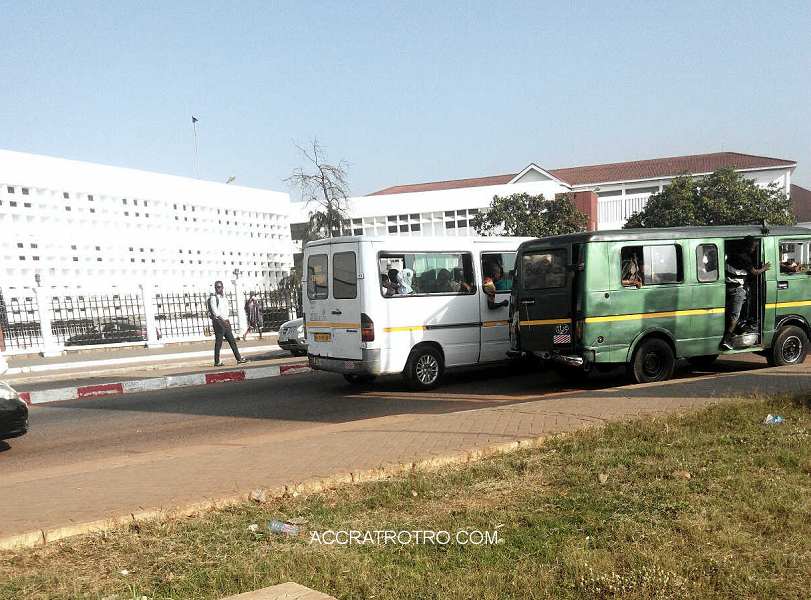For months now, Accra trotro fares have transformed into a mixed mode where operators are charging on basis of discretion rather than by regulatory compliance. The arbitrariness has arisen because Government and private transport unions are unable to attain consensus on when an increment is due and at what rate. Attempts at a resolution results in stalemates because neither party accepts the others’s proposal.
Commercial motor transport rates in Ghana are determined by administrative, political and operational dynamics. The negotiating prowess of Unions can influence price fixing outcomes. Also, governments that are hypersensitive or paranoid about popularity may overlook rising costs and thus resist increment. Operational costs is another factor affecting trip charges.
Historically, trotro fares have fixed biannual increment based on a preset parameter but as successive political regimes defied this convention, vehicle owners resorted to charging fares as they deem fit.
There is no legislation on transportation fares in Ghana and the unions are therefore at liberty to charge discretionarily but cooperation between transport operators and government is considered an ideal arrangement because the ministry of transport seeks to protect state interest in public transportation which is a major cost factor for consumers. To protect such public interest, the government tries to intervene in pricing.
Industry analysts and consumer observers project that the continuous frilling of conventional negotiations will therefore eventually result in one-sided pricing of fares. If such a scenario actualizes, then Ghana will say goodbye to uniform trotro fares because each union will charge per their cost parameter.
